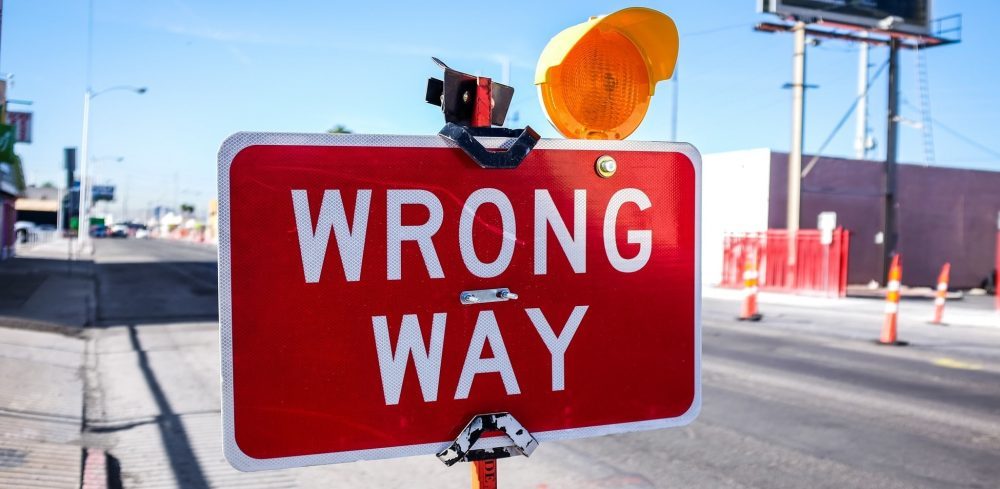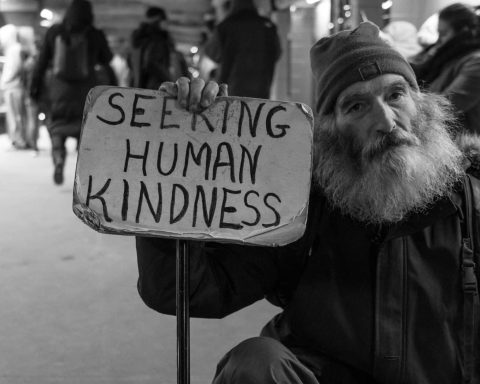 Chris Tiley is a GP in Truro and Health Inequalities lead for Truro Health Park PCN
Chris Tiley is a GP in Truro and Health Inequalities lead for Truro Health Park PCN
Agnosia can be defined as as ‘seeing without recognition,’ and is often demonstrated to medical students as visual agnosia (seeing a pen but not knowing how to use it) or the inability to identify familiar faces (proposagnosia) as a result of focal brain injury. In the spiritual sense, agnostics are those who have been exposed to religion but do not believe.
Surely as trained clinical scientists we do not have to worry about such things ourselves. Well maybe, but may I propose three types of agnosia that we might, on reflection, acknowledge?
Public health agnosia
We may sometimes feel like hamsters on a wheel in medicine, working hard and making regular adjustments in service provision (sometimes expensive and disruptive) that don’t seem to make a difference. There is abundant data that poor health and social incomes correlate with worsening income inequality.1 Also outcomes are spread along a socioeconomic gradient and the social determinants of our health have a much more potent effect in generating illness than the numerous quanta of medical effort trying to treat it.2
Instead of trying collectively to turn down the taps of disease by addressing these crucial root causes, we continue to find novel ways to fight the rising waters. This is ‘public health agnosia’ and is one of the few conditions that may improve with age as realisation dawns just in time for retirement.
Racism agnosia
Many times in recent months I have read that covid has ‘shone a light’ on health inequalities. Apart from highlighting what is already visible the virus has had a pernicious effect on BAME colleagues as well as patients and this has led to a reveal of how racism still manifests in our society and within all corners of the NHS. At the recent South West trainers’ conference there were some very illuminating presentations on how small acts of omission, ‘micro-aggressions’ and structural bias can all lead to BAME staff feeling undervalued and marginalised. This is ‘racism agnosia’ and requires an honest look in the mirror for all of us if we are going to achieve a happy, inclusive workforce.
Small acts of omission, ‘micro-aggressions’ and structural bias can all lead to BAME staff feeling undervalued and marginalised.
Carbon agnosia
Finally we are all products of our upbringing but how many of us have fully appreciated the importance of tackling the climate crisis? I take my hat off to the XR (extinction rebellion) doctors who have prioritised direct action to raise the issue since what is the point in perfecting our medical system without ensuring we will have a habitable world to practise it in? We all know how to reduce our carbon footprint, but do we understand the imperative to do so and consequently act on it, both in private and professional life? This is ‘carbon agnosia.’
What these three conditions perhaps have in common is our ancient limitation in seeing past the immediate.
We are trained in clinical medicine, so that is what we carry on doing.
We are wired to be somewhat tribal and so can fail to attempt a connection with anyone who is different from ‘us’ bearing in mind we all share a common root.
We are wired to be tribal.
We have immediate needs which are hard to project beyond.
Our inventiveness as a species is undoubted but in some senses we remain remarkably blinkered. There are grounds for optimism – the majority of recent appointees to RCGP council were BAME women – but a mental framework that is open, agile and global is necessary for eradicating these three agnosias and paving the way for a better national service based on creating health and not just treating those who present for our attention.
References
1. R Wilkinson and K Pickett: The Spirit Level: Why more equal societies almost always do better. Allen Lane ISBN 1846140390
2. M Marmot: Status syndrome: how your social standing directly affects your health and life expectancy. Bloomsbury ISBN 0747570493






